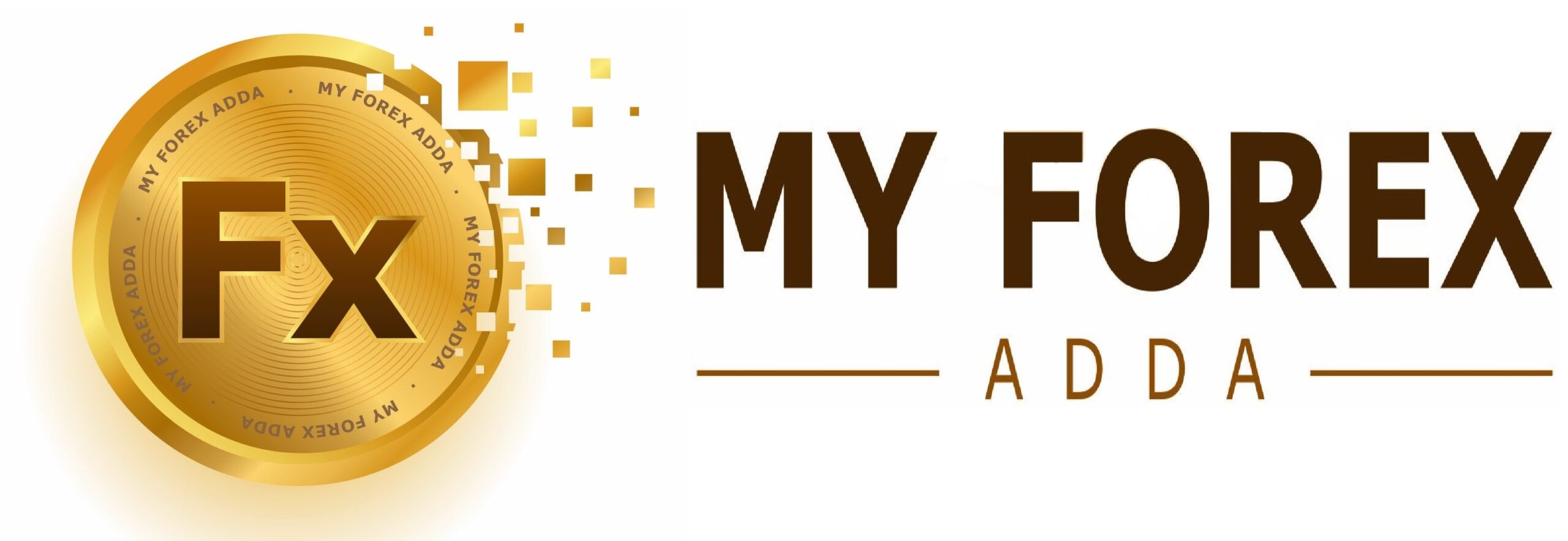JPMorgan Shifts Stance on Mexican and Brazilian Equities Amid Global and Domestic Challenges
JPMorgan has upgraded Mexican equities to “overweight” from “neutral,” citing strong U.S. economic growth, while downgrading Brazilian equities to “neutral” from “overweight” due to slowing growth in China and potential headwinds from President-elect Donald Trump’s proposed tariff policies.
“Robust U.S. growth continues to benefit Mexican consumers through remittances, with a weaker MXN further enhancing the purchasing power of these dollars,” noted JPMorgan strategist Emy Shayo Cherman. She added, “There is a significant correlation between Mexican and U.S. industrial production.”
In contrast, weaker Chinese growth—the world’s second-largest economy—could negatively impact Brazil by driving down commodity prices, particularly soybeans, one of Brazil’s major exports.
Tariff Policies and Monetary Outlook Weigh on Brazil
Trump, set to assume office on January 20, has proposed imposing a 25% tariff on imports from Canada and Mexico until stricter measures are taken against drugs and migrants crossing the border. Additionally, he has outlined “an extra 10% tariff on imports from China.”
Monetary policies in both Mexico and Brazil could further influence equity markets, according to JPMorgan. Brazil’s central bank is expected to extend rate hikes into 2025, potentially weighing on corporate earnings growth. Meanwhile, Mexico’s central bank is anticipated to continue easing through next year, providing support to its economy.
Latin American Equities Underperform
Latin American equity markets have lagged significantly this year. Brazil’s MSCI index has dropped 23% in dollar terms since the start of the year, while Mexico’s MSCI index has fallen over 28%. In comparison, the broader MSCI emerging market equity index has gained more than 6%.”We are extending the benefit of the doubt to Mexico but will closely track developments, particularly concerning institutional reforms, which remain the primary risk,” JPMorgan stated.





